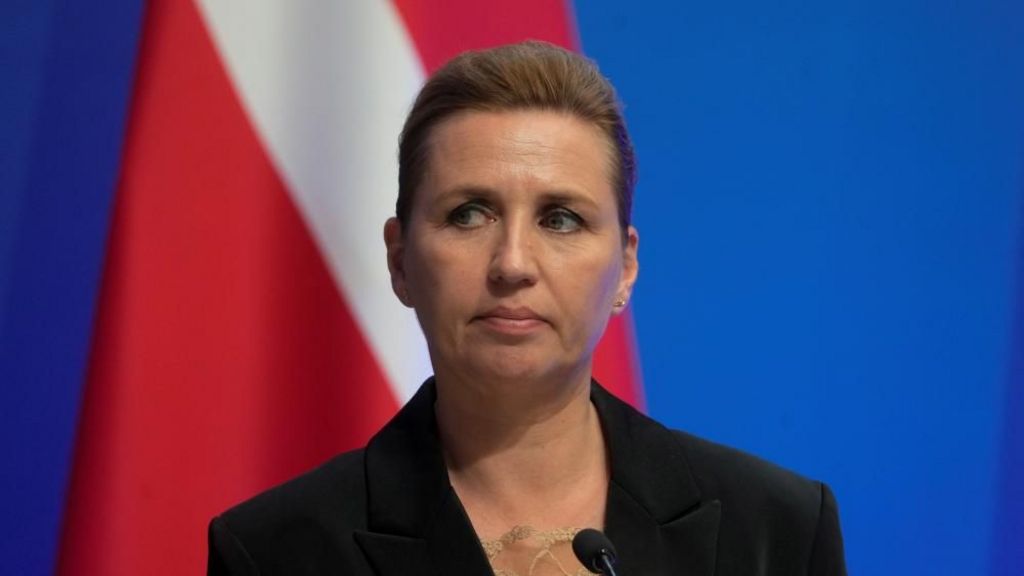---
In a decisive move to combat what has been termed a "reading crisis," the Danish government has announced plans to abolish its hefty 25% sales tax on books. Culture Minister Jacob Engel-Schmidt expressed optimism that this policy change will encourage higher book sales and foster a culture of reading among citizens. The tax, considered one of the highest globally, has drawn criticism, especially in light of concerning statistics from the OECD revealing that one in four Danish 15-year-olds struggles to comprehend basic texts.
Engel-Schmidt stated, "The reading crisis has unfortunately been spreading in recent years,” and expressed pride in the decision to eliminate the tax. He remarked on the importance of investing substantial funds into enhancing the consumption of culture and literature within Denmark. The fiscal impact of this measure is estimated at around 330 million kroner ($50 million, £38 million) annually.
Comparative figures show that other Nordic countries, such as Finland, Sweden, and Norway, boast lower VAT rates on books—14%, 6%, and 0%, respectively—while the UK also exempts books from VAT. According to Mads Rosendahl Thomsen, vice-chair of a government working group on literature, surveys indicate a notable decline in reading and comprehension levels among Danish teenagers. He stressed the significance of reading comprehension, particularly at the age of 15, stating that young people frequently face distractions that detract from their reading habits.
Thomsen acknowledged that while removing the book tax alone may not be a definitive answer to the reading crisis, it will undoubtedly make books more accessible to a broader audience. In addition to scrapping the VAT, the government's literature working group is exploring avenues for exporting Danish literary works, digital transformation within the book market, and the implications of these changes for authors' compensation.
In a decisive move to combat what has been termed a "reading crisis," the Danish government has announced plans to abolish its hefty 25% sales tax on books. Culture Minister Jacob Engel-Schmidt expressed optimism that this policy change will encourage higher book sales and foster a culture of reading among citizens. The tax, considered one of the highest globally, has drawn criticism, especially in light of concerning statistics from the OECD revealing that one in four Danish 15-year-olds struggles to comprehend basic texts.
Engel-Schmidt stated, "The reading crisis has unfortunately been spreading in recent years,” and expressed pride in the decision to eliminate the tax. He remarked on the importance of investing substantial funds into enhancing the consumption of culture and literature within Denmark. The fiscal impact of this measure is estimated at around 330 million kroner ($50 million, £38 million) annually.
Comparative figures show that other Nordic countries, such as Finland, Sweden, and Norway, boast lower VAT rates on books—14%, 6%, and 0%, respectively—while the UK also exempts books from VAT. According to Mads Rosendahl Thomsen, vice-chair of a government working group on literature, surveys indicate a notable decline in reading and comprehension levels among Danish teenagers. He stressed the significance of reading comprehension, particularly at the age of 15, stating that young people frequently face distractions that detract from their reading habits.
Thomsen acknowledged that while removing the book tax alone may not be a definitive answer to the reading crisis, it will undoubtedly make books more accessible to a broader audience. In addition to scrapping the VAT, the government's literature working group is exploring avenues for exporting Danish literary works, digital transformation within the book market, and the implications of these changes for authors' compensation.




















